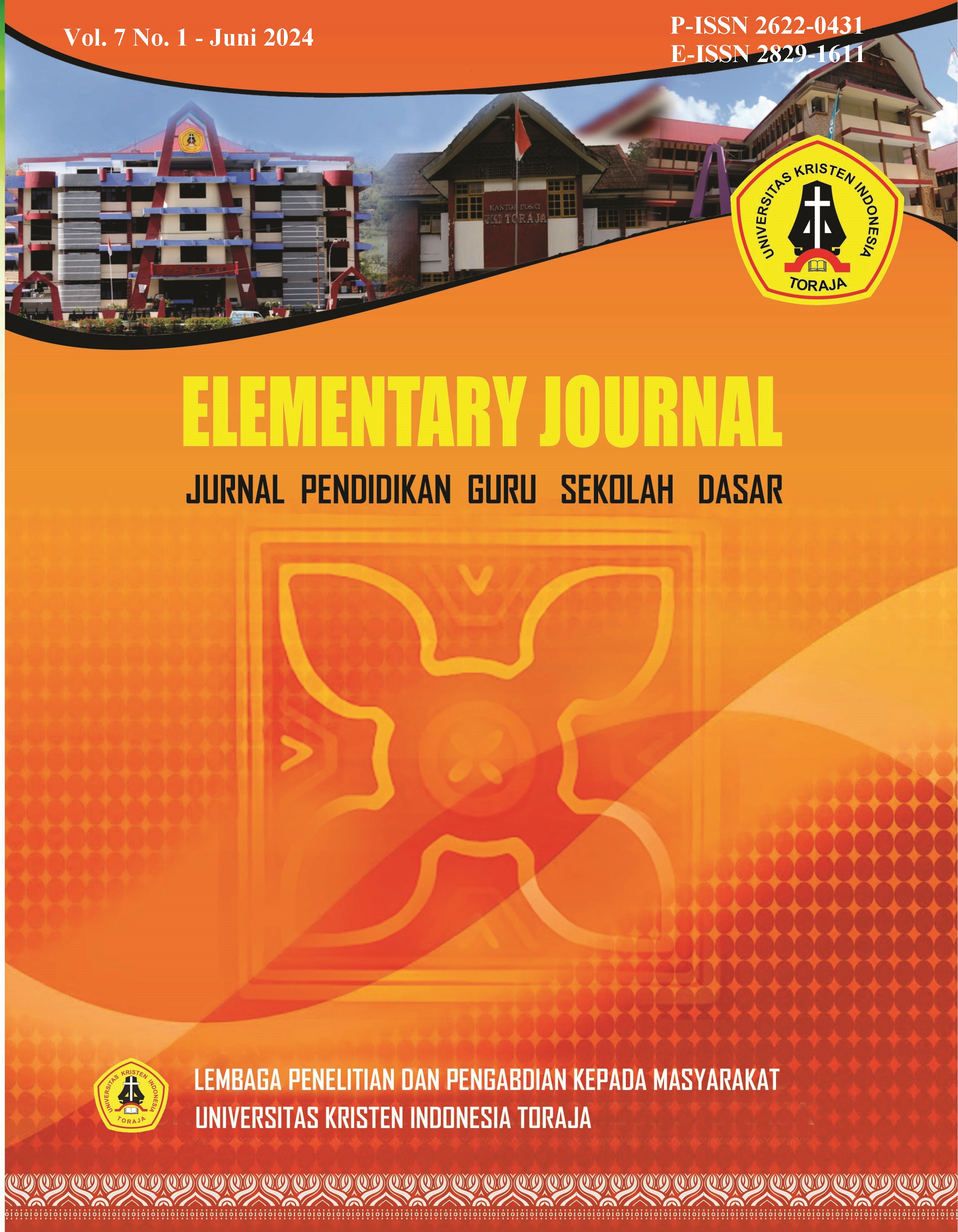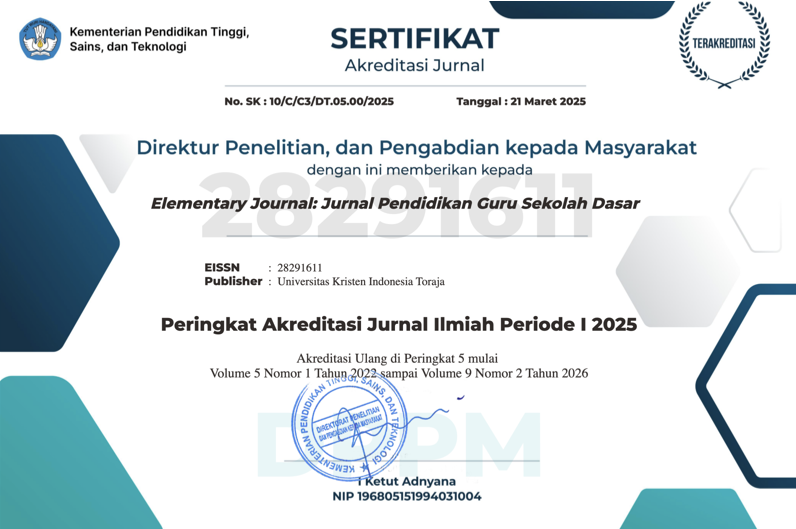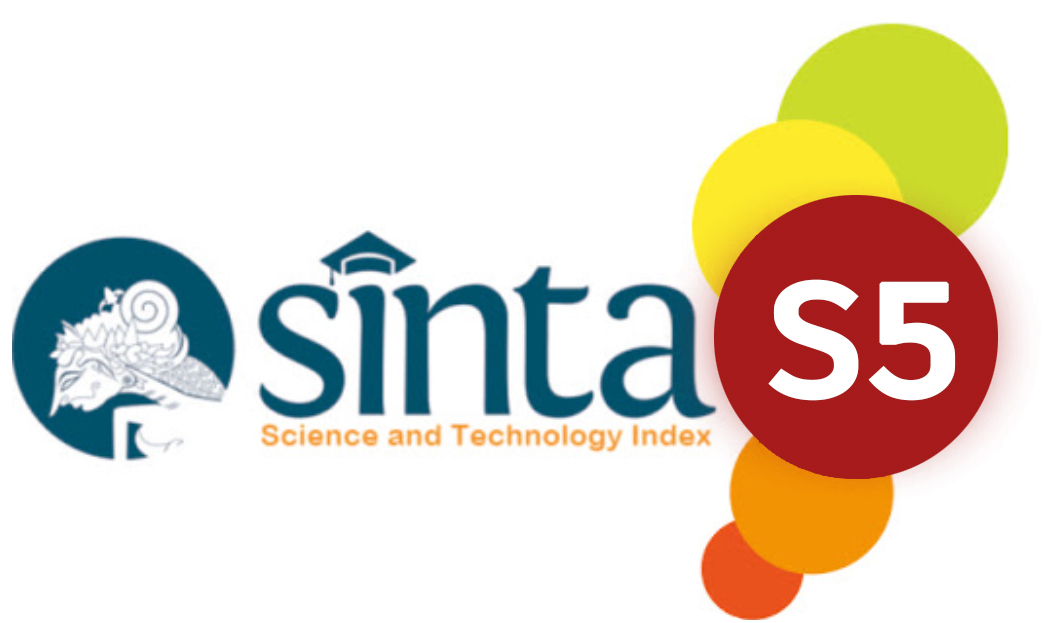Peran Kecerdasan Buatan dalam Menghadapi Tantangan Pendidikan Masa Depan
DOI:
https://doi.org/10.47178/rd91rp96Keywords:
Artificial Intelligence, Future Educational ChallengesAbstract
This research is very important in order to face future educational challenges, an integrated approach between humans and artificial intelligence is very necessary. Artificial intelligence can be a very useful tool for educators, students and school administrators to achieve better and relevant educational goals in today's times. This research aims to describe the role of artificial intelligence in facing future educational challenges. The type of research used in this research is descriptive qualitative research. The subjects in this research were teachers, school principals and students. The data collection techniques used in this research are observation, interviews and documentation. The results of this research include the ability of artificial intelligence to process large data quickly and extract complex patterns, artificial intelligence makes a significant contribution in various aspects of education, from personalizing learning to increasing the efficiency of school administration, accommodating students' individual needs through personalizing learning, adapting the curriculum and learning methods according to the needs and learning speed of each student. enabling educators to provide more relevant and effective learning experiences, increase student motivation, and reduce gaps in academic achievement. Not only in the classroom, artificial intelligence also plays a role in simplifying administrative tasks for educators and school staff. By automating processes such as scheduling, student data management, and performance evaluation, artificial intelligence reduces administrative workload, allowing educators to focus more on direct interactions with students and curriculum development. Overall, artificial intelligence has a promising role to play in facing future educational challenges. With thoughtful application and responsiveness to relevant issues, AI can become a powerful tool to improve the quality of education, preparing future generations to face the demands of an increasingly complex society and job market.
References
Tulak, T., & Tangkearung, S. S. (2021). Analisis Kemampuan Berpikir Tingkat Tinggi Siswa pada Mata Pelajaran Matematika. PROSIDING UNIVERSITAS KRISTEN INDONESIA TORAJA, 1(1), 97-106.
Tjahyanti LPAS, Saputra PS, Gitakarma MS. Peran Artificial Intelligence (AI) Untuk Mendukung Pembelajaran di Masa Pandemi Covid-19. Jurnal Komputer dan Teknologi Sains (KOMTEKS). 2022;1(1):15–21.
Dewanto AC. Risiko dan Mitigasi Penggunaan Kecerdasan Buatan dalam Bidang Pendidikan. In: Prosiding Konferensi Ilmiah Pendidikan Volume 4 Tahun 2023. Pekalongan; 2023. p. 1–10.
Rumahorbo, H. H., & Dewayanto, T. (2023). Pengaruh Transformasi Digital: Kecerdasan Buatan Dan Internet of Things Terhadap Peran Dan Praktik Audit Internal: Systematic Literature Review. Diponegoro Journal of Accounting, 12(4).
Aulia, N., & Asbari, M. (2024). Kampus Merdeka Membentuk Generasi Unggul Menuju Tantangan Masa Depan. Journal of Information Systems and Management (JISMA), 3(1), 38-41.
Tulak, T., Tangkearung, S. S., Tulak, H., & Paseno, E. W. (2023, September). Application of Meaningful Learning Model to Improve Student’s Learning Outcomes. In Online Conference of Education Research International (OCERI 2023) (pp. 664-675). Atlantis Press.
Barlian, U. C., & Ismelani, N. (2022). Metaverse Sebagai Upaya Menghadapi Tantangan Pendidikan Di Masa Depan. JOEL: Journal of Educational and Language Research, 1(12), 2133-2140.
Devianto, Y., & Dwiasnati, S. (2020). Kerangka kerja sistem kecerdasan buatan dalam meningkatkan kompetensi sumber daya manusia Indonesia. IncomTech: Jurnal Telekomunikasi dan Komputer, 10(1), 19-24.
Karyadi, B. (2023). Pemanfaatan Kecerdasan Buatan Dalam Mendukung Pembelajaran Mandiri. Educate: Jurnal Teknologi Pendidikan, 8(02), 253-258.
Liriwati, F. Y. (2023). Transformasi Kurikulum; Kecerdasan Buatan untuk Membangun Pendidikan yang Relevan di Masa Depan. IHSAN: Jurnal Pendidikan Islam, 1(2), 62-71.
Jaya H, Sabran, Idris MuhM, Djawad YA, Ilham A, Ahmar AS. Kecerdasan Buatan. Pertama. Makassar: Fakultas MIPA Universitas Negeri Makassar; 2018. 315 p.
Mbato, C. L., & Sungging, F. (2022). Pendidikan Indonesia Masa Depan: Tantangan, Strategi, Dan Peran Universitas Sanata Dharma. Sanata Dharma University Press.
Nugrahanti, T. P., Puspitasari, N., Andaningsih, I. R., & Soraya, Q. F. E. (2023). Transformasi Praktik Akuntansi Melalui Teknologi: Peran Kecerdasan Buatan, Analisis Data, dan Blockchain dalam Otomatisasi Proses Akuntansi. Jurnal Akuntansi Dan Keuangan West Science, 2(03), 213-221.
Cantos KFS, Giler RCV, Magayanes IEC. Artificial Intelligence In Language Teaching And Learning. Ciencia Latina Revista Científica Multidisciplinar. 2023;7(4):5629–38.
Miles MB, Huberman AM, Saldaña J. Qualitative Data Analysis. A Methods Sourcebook. 3 rd. Los Angeles, London, New Delhi, Singapore, Washington DC: SAGE Publications; 2014.
Palayukan, H., Langi, E. L., & Sampelolo, R. 2023. Pembelajaran Berbasis Artificial Intelligences. Editor, R. Sampelolo & H. Palayukan. UKI Toraja Press.
Setiawan, H., Aji, S. M. W., & Aziz, A. (2020). Tiga Tantangan Guru Masa Depan Sekolah Dasar Inklusif. BRILIANT: Jurnal Riset dan Konseptual, 5(2), 241-251.
Siska, M., Siregar, I., Saputra, A., Juliana, M., & Afifudin, M. T. (2023). Kecerdasan Buatan dan Big Data dalam Industri Manufaktur: Sebuah Tinjauan Sistematis. Nusantara Technology and Engineering Review, 1(1), 41-53.
Wadhwa, V., & Salkever, A. (2017). The driver in the driverless car: How our technology choices will create the future. Berrett-Koehler Publishers.UNESCO, U. (2015). World Bank et al. Education 2030: Incheon Declaration and Framework for Action Towards Inclusive and Equitable Quality Education and Lifelong Learning for All.
Ken F. The importance of knowledge bases for artificial intelligence in science. In: Artificial Intelligence in Science: Challenges, Opportunities and the Future of Research. United States: Nortwestem University; 2023. p. 251–156.
Zakaria, Z., Sukomardojo, T., Sugiyem, S., Razali, G., & Iskandar, I. (2023). Menyiapkan Siswa untuk Karir Masa Depan Melalui Pendidikan Berbasis Teknologi: Meninjau Peran Penting Kecerdasan Buatan. Journal on Education, 5(4), 14141-14155
Arraniri, I., Purba, S., Kussanti, D. P., Lisnawati, T., Kurniawan, A., Putri, Y. D. S., ... & Nurislamiah, M. (2021). Tantangan Pendidikan Indonesia Di Masa Depan. Penerbit Insania.
George G, Thomas MR. Integration of Artificial Intelligence in Human Resource. International Journal of Innovative Technology and Exploring Engineering (IJITEE). 2019;9(2):5069–73.










